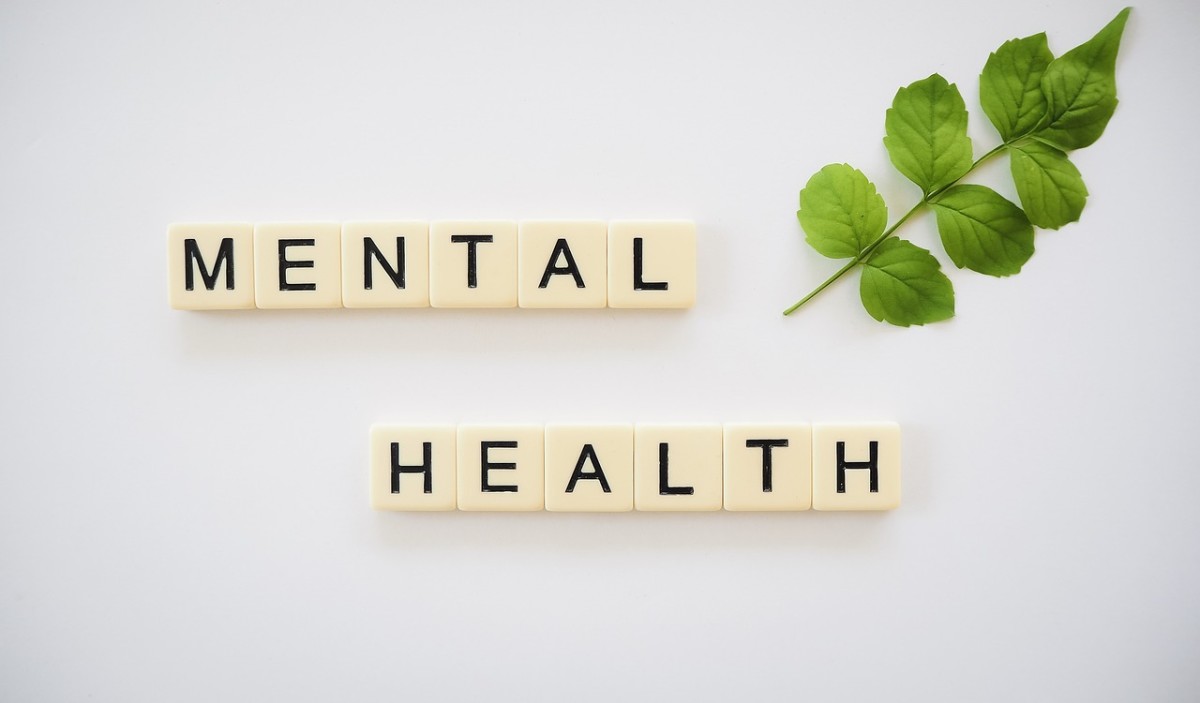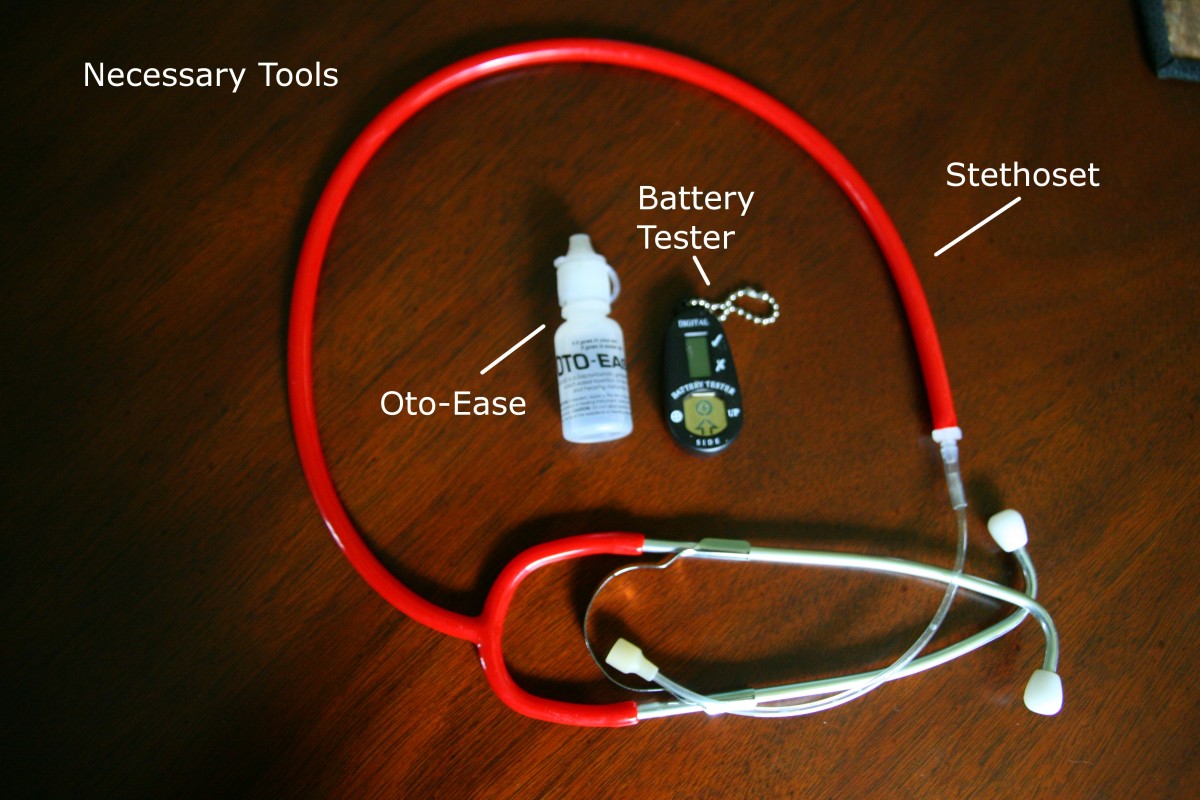Mental Health in Children

What is mental health?
Mental health refers to “A state of emotional and psychological well-being in which an individual is able to use his or her cognitive and emotional capabilities, function in society, and meet the ordinary demands of everyday life.” (Retrieved on 1/9/12 from www.thefreedictionary.com)
How to Maintain and Help Your Child's Mental Health
As an elementary school teacher, I spend most of my life interacting with and observing children. I watch them light up with curiosity and discovery, as well as struggle with friendships and boundaries. Each child is unique and develops at his or her own pace. There are many bench marks emotionally, socially and of course, physically. Now days, parents have access to many sources of information such as the internet to help answer many of their questions.
Parents often have confided in me concerning their children’s mental health. Many have little training in the area of child development and much less in the way of child psychology.
Common questions include:
· Is my child’s behavior normal?
· What can I do to help them cope with difficult circumstance?
· When do I know if I should seek professional help?
These questions and many more, come from parents sincerely wanting to provide the best for their children. There are often no “one size fits all answers” because of the distinctiveness of each child and their household. Ultimately, families, especially in the first five years, have the greatest impact on the development of a child. There are ways that families can promote good mental health.
For more on communication skills for children:
- Teaching Communication Skills: Cultivating the Art of Conversation in Children
More and more it seems that conversation is becoming a lost art in our society. How can you help develop strong communication skills in children?
Interact closely and often
As early as birth, children need to feel physical contact. Holding a baby and interacting through diaper changes, feeding and play is essential to their mental and emotional development. As a child grows, they require time and attention.
By age three, children should begin interacting with other children. These early experiences are where children begin to understand themselves and social dynamics. They start to develop empathy for other people, accept differences and face conflicts. Children must begin to build this foundation early in order to later face the challenges associated with dealing with other people.
Discuss feelings
Children experience emotions deeply and often. Allow your child to feel their emotions without judgment. Anger, for example, is not a “bad” emotion; what can be “bad” is how people deal with it. The next time your child feels angry, say “I feel like that too sometimes” and then giving him or her space. Take the time to talk about feelings and give your child options for what to do when they feel an emotion such as anger or sadness. I often suggest “quiet places,” drawing pictures or a cuddly toy to help children self-soothe. You would be amazed at how well children can learn to manage their emotions independently! Managing emotions is a key component to healthy mental health.
Logical consequences
It comes natural to want the best for your child. As a result, parents often step in when children make mistakes, jumping in to “save the day.” While this might make you a momentary hero, it can also keep your child from learning a necessary lesson. One example is when a child forgets his or her homework. I cannot tell you how many parents call, email or even show up with the left homework! This only leads to a child depending more on a parent. Good mental health involves learning to be independent. If you allow your child to experience the natural consequence now, he or she may make better decisions later.
Other Tips on Modeling Behavior
- How to Correct Bad Behavior in Children
Children, just like all human beings, are by nature, social. In order to successfully teach children anything, their social and emotional nature must be taken into consideration....
Be an example
Parents are a child’s first role model. You are the most consistent example of adulthood they see. In order to help your child have good mental health, you must have it yourself. Be willing to face your own issues and problems for the sake of raising healthy children.
Related Hubs
- Symptoms Of Children With Social Anxiety Disorders
One of the most common psychiatric illnesses is social anxiety, 1% of children and 14 of adults have this disorder. Some people think that is inherited, however is more possible that the parents have anxiety... - Children Pre-School Age Separation Anxiety
This article discusses pre-school anxiety separation for a child from their parents. There suggestions as to how to ease the transition into pre-school and kindergarten. - Children's Mental Health Week
May is Mental Health Awareness month, and it begins with Children's Mental Health week May 1st to May 9th. As any of my previous readers will know, this is a topic close to my heart. So, are mental health issues really a problem for children? Do... - Anger Management Group Activities for Kids: Mental H...
Anger management groups for children are extremely important. Finding activities can be difficult. Use these examples of anger management groups for kids and these anger management tips.
Common Mental Health Issues of Children
Anxiety Disorders: Anxiety involves deep rooted fears and phobias. More than just feeling mildly afraid, anxiety disorders can be debilitating.
Anger: As previously discussed, anger is an emotion and it is not “bad.” However, children that experience an intense level of anger or are consistently upset may have deeper issues.
Separation Disorders: Adjusting from being with a parent to being without a parent, such as on the first day of Kindergarten, is common. However, if a child is having trouble separating consistently, it may be troublesome for both the child and the parents. Again, it may be a sign of other development or emotional issues.
Night Terrors: Nightmares are something that most children have at some point. When a child has persistent nightmares that are interrupting their normal sleep routine, it is time to see a doctor.
Social Disorders: Navigating social situations can be challenging for any child. For some children, it can be nearly impossible. If persistent fears or conflicts arise, seeking help early might be a wise decision. I have seen several children start seeing social therapists between the ages of 4-6 years old. Within a tear these children showed mark improvement.

When to Seek Help
It can be difficult to determine when to reach out for help. Many mental health issues may appear normal but can be problems when they occur frequently and intensely. Here are three signs it is time to seek professional help:
1. School recommendation- A school will typically only make a recommendation when they are concerned. This should be taken seriously.
2. It is making your child unhappy- If your child is experiencing negative emotions, this is a sign that they may need help. Children do not always have the words to describe what they are feeling but their actions are usually clear.
3. You are concerned- You know your child best. If you are noticing major changes or just general unhappiness, seek help. Go with your gut feeling.
The health of children is a major concern for any adult in their lives. It is our responsibility as adults to do all we can to help them. By taking actions that promote good mental health and recognizing when there is a problem, you can help ensure that you are doing your part.









